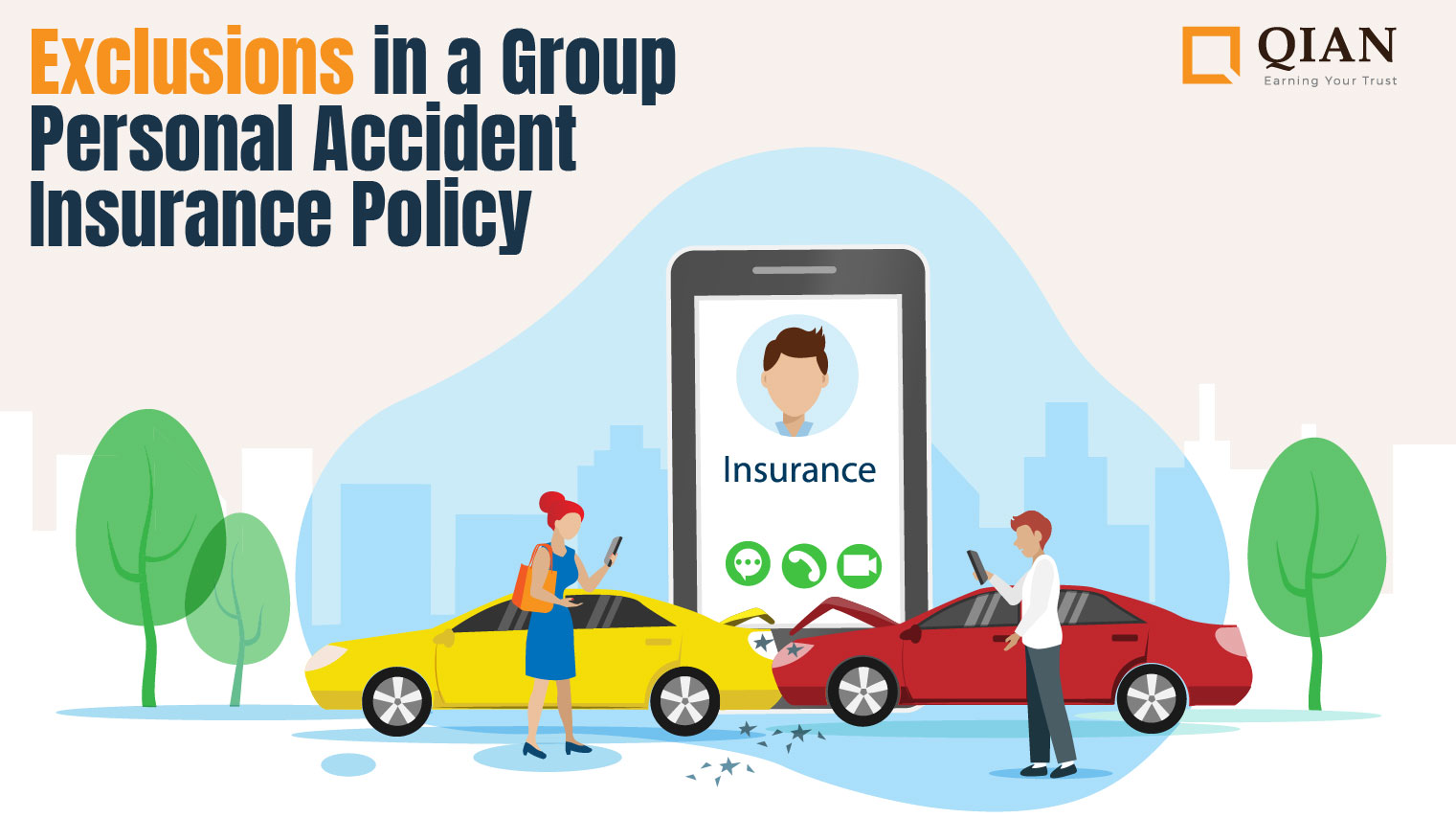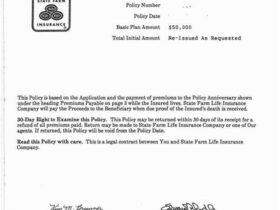Accidents are an unfortunate reality of life. They can happen anytime, anywhere, and the resulting injuries can lead to significant medical expenses, lost income, and long-term disabilities. Accident insurance is designed to help mitigate the financial impact of these unforeseen events. But is it a necessary addition to your insurance portfolio? This comprehensive guide will help you understand what accident insurance is, what it covers, and whether it’s the right choice for you and your family.
What is Accident Insurance?
Accident insurance, also known as personal accident insurance, is a type of insurance that provides financial protection in the event of an accidental injury or death. It pays out a lump sum benefit or provides coverage for specific expenses related to the accident, such as medical bills, hospitalization costs, and rehabilitation. This coverage is in addition to any health insurance you may already have and can help fill the gaps in coverage. Accident insurance acts as a financial safety net when you need it most.
What Does Accident Insurance Cover?

Accident insurance policies typically cover a range of injuries and expenses resulting from accidents. The specific coverage can vary depending on the policy, but common benefits include:
- Medical Expenses: Coverage for doctor visits, emergency room care, X-rays, and other medical treatments related to the accident.
- Hospitalization: Benefits to help pay for hospital stays, including room and board, nursing care, and other hospital charges.
- Disability: Payments for temporary or permanent disabilities resulting from the accident, which can help replace lost income.
- Accident insurance policies often include plans for total or partial disability, burns, broken limbs, and more. Opt for a plan with maximum coverage.
- Accidental Death: A lump-sum payment to your beneficiaries in the event of your death due to an accident.
- Ambulance Costs: Reimbursement for ambulance services needed to transport you to a medical facility.
- Rehabilitation: Coverage for physical therapy, occupational therapy, and other rehabilitation services to help you recover from your injuries.
- Other Expenses: Some policies may also cover expenses like child care, funeral costs, or home modifications needed as a result of the accident.
What are the Benefits of Having Accident Insurance?
There are several key benefits to having an accident insurance policy:
- Financial Protection: Accident insurance can provide a financial cushion to help cover unexpected medical bills and other expenses resulting from an accident. This can be especially helpful if you have a high-deductible health insurance plan or limited health insurance coverage.
- Affordable Premiums: Accident insurance policies are generally affordable, with premiums often lower than other types of insurance, such as health or life insurance.
- Wide Range of Coverage: Accident insurance policies can provide coverage for a wide range of accidents and injuries, whether it’s a slip and fall, a car accident, or a sports-related injury.
- Peace of Mind: Knowing that you have accident insurance can provide peace of mind, knowing that you and your family are financially protected in the event of an accident.
- Supplemental Coverage: Accident insurance is a supplementary form of insurance that serves as a financial safety net in the event of an injury or loss of life. Its purpose is to cover expenses that may not be covered by your primary medical insurance.
What are the Exclusions in Accident Insurance?

While accident insurance can provide valuable coverage, it’s important to be aware of the exclusions and limitations of the policy. Common exclusions may include:
- Pre-existing Conditions: Injuries or conditions that existed before the policy was purchased.
- Self-Inflicted Injuries: Injuries that are intentionally self-inflicted or result from suicide attempts.
- Injuries Sustained Under the Influence: Injuries sustained while under the influence of alcohol or illegal drugs.
- Participation in Risky Activities: Injuries sustained while participating in extreme or dangerous sports or activities.
- Acts of War or Terrorism: Injuries resulting from acts of war or terrorism.
- Illness or Disease: Illness or disease not directly caused by an accident.
Do You Need Accident Insurance? Factors to Consider

Deciding whether or not you need accident insurance is a personal decision that depends on your individual circumstances. Here are some factors to consider:
- Health Insurance Coverage: Evaluate your existing health insurance coverage. If you have a comprehensive health insurance plan with low deductibles and copays, you may not need accident insurance. However, if you have a high-deductible plan or limited coverage, accident insurance can help fill the gaps.
- Risk Factors: Consider your lifestyle and risk factors. If you work in a hazardous occupation, participate in risky activities, or have a family history of accidents, you may be at higher risk of injury and benefit from accident insurance.
- Financial Situation: Assess your financial situation. Could you afford to pay for unexpected medical bills and other expenses resulting from an accident? If not, accident insurance can provide a financial safety net.
- Family Needs: Think about your family’s needs. If you have dependents who rely on your income, accident insurance can help protect their financial security in the event of your accidental death or disability.
- Age: Age limit is one of the key factors to check before buying an accidental insurance plan. Most policies come with maximum ages of entry. Look for policies that offer an extensive range of entry ages.
How to Choose the Right Accident Insurance Policy
If you decide that accident insurance is right for you, it’s important to choose a policy that meets your specific needs and budget. Here are some key points to consider:
- Coverage Limits: Determine how much coverage you need. Consider your potential medical expenses, lost income, and other potential costs associated with an accident. Most accident covers provide a minimum sum insured of a specified amount and a maximum of another. It is always preferable to opt for a policy that comes with a higher cap for the sum insured.
- Covered Expenses: Review the policy’s covered expenses to ensure that it covers the types of accidents and injuries you are most concerned about.
- Exclusions: Be aware of any exclusions or limitations in the policy.
- Premiums: Compare premiums from different insurance providers.
- Policy Provider Reputation: Check the insurance provider’s reputation and financial stability.
- Bonuses: There are some personal accident insurance policies that offer bonuses to children of the insured individuals in the event of an accident. Such provisions are particularly helpful in case the treatment is lengthy or if the insured person passes away.
Final Thoughts
Accident insurance can be a valuable addition to your insurance portfolio, providing financial protection in the event of an unexpected accident. By understanding what accident insurance is, what it covers, and how to choose the right policy, you can make an informed decision about whether it’s the right choice for you and your family. Remember to assess your individual needs and consult with an insurance professional to determine the best coverage options for your specific situation.





Leave a Reply